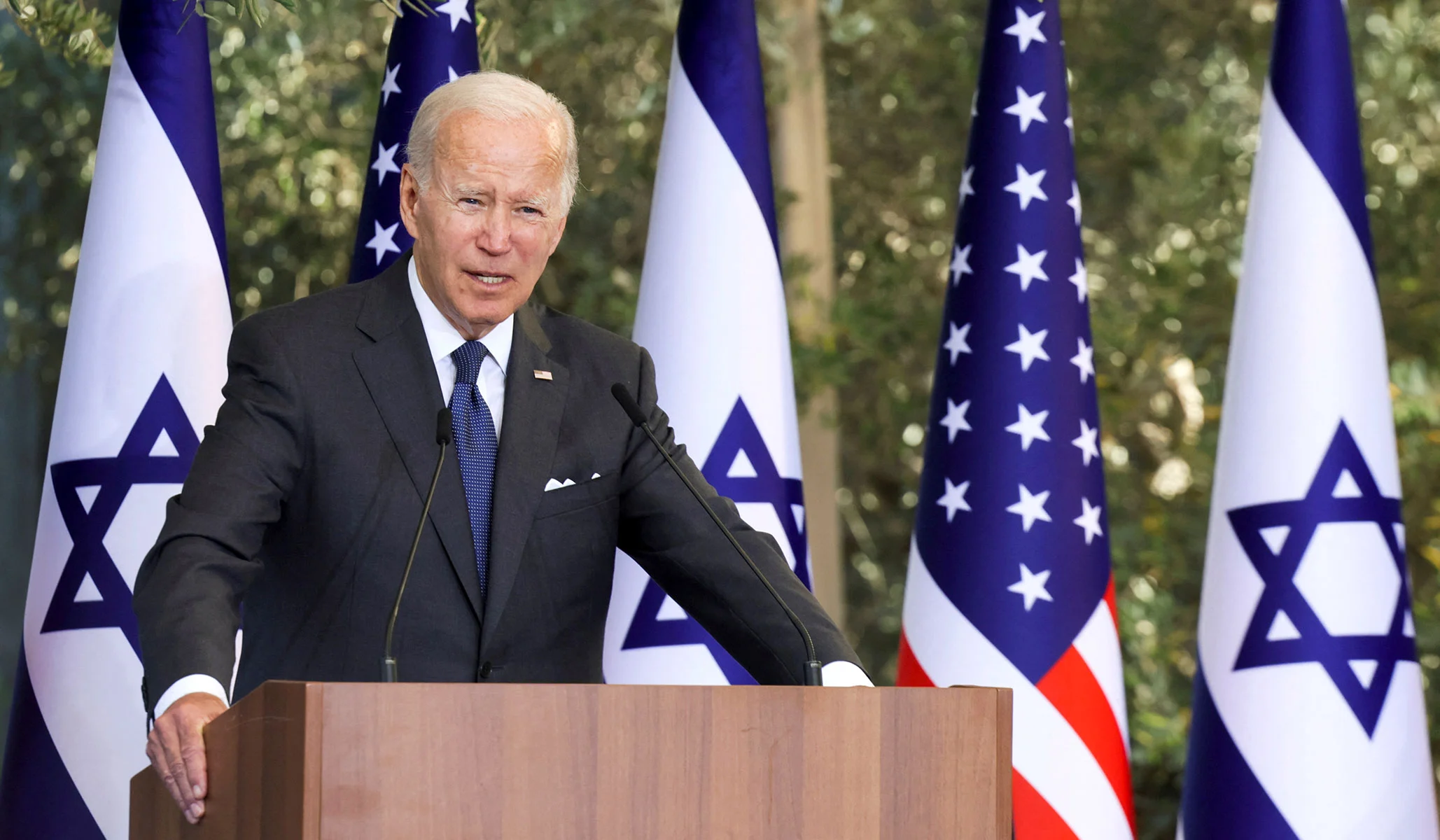President Biden, at 80 years old, is among the last Democrats of a generation that had a strong affinity for Israel. Bill Clinton, Nancy Pelosi, and Steny Hoyer, all in their 70s and 80s, share this connection. They grew up during the wars of 1956, 1967, and 1973 and witnessed Yasser Arafat’s terrorist attacks and refusal to accept peace offers. During the recent Israel-Hamas clashes in 2021, Biden reiterated his commitment to Israel’s security, stating, “There is no shift in my commitment…to the security of Israel, period.” He also expressed his honor at being recognized as a friend of Israel when he received the Israeli Presidential Medal of Honor in 2022.
However, the impending new deal with Iran raises concerns about the United States’ abandonment of Israel and other allies. The informal agreement, which does not require congressional approval, stipulates that Iran will stop targeting American soldiers in Iraq and Afghanistan, release American hostages, and limit uranium enrichment to 60%. In exchange, the United States will unfreeze between $15 billion and $20 billion and permit Iran to export oil despite U.S. sanctions. When Trump left office in January 2021, Iran’s accessible reserves were approximately $4 billion. Today, they are ten to twenty times that, primarily due to the Biden administration’s failure to enforce U.S. sanctions and allowing oil sales.
The United States is essentially paying Iran to cease taking American hostages and attempting to kill Americans, which is a remarkable response by a superpower to the violent and illegal actions of a vulnerable middle power. Moreover, the 60% enrichment level will enable Iran to enrich uranium to weapons grade. General Jacob Nagel, Israel’s former national-security adviser, criticized the arrangement, stating that it legitimizes Iran’s previous violations and allows it to retain the assets obtained through the violation of agreements and treaties, injects billions of dollars to revitalize the economy, and enables Quds Force’s continued support of terrorism worldwide.
The deal appears to protect the United States and the Biden administration temporarily, as American soldiers in Syria and Iraq and visitors to Iran will be safer if Iran keeps its promises. However, the Trump administration managed to secure the release of several hostages from Iran without paying a cent, and the United States froze Iran’s nuclear program in 2003 when it attacked Iraq. It is reasonable to question whether paying more money for hostage-taking, murderous attacks on American service members, and nuclear blackmail will make Americans and the United States safer.
Most importantly, the agreement abandons Israel and other American allies in the region who are vulnerable to Iran. The deal contains no restrictions on Iran’s missile program, conventional arms sales, or support of terrorist groups such as Hezbollah, Hamas, and Palestinian Islamic Jihad. Furthermore, the agreement provides Iran with billions of dollars to implement its strategy of encircling Israel by establishing and arming proxy groups in the West Bank, Gaza, Lebanon, and Syria. The Biden administration’s unwillingness to confront Iran over its behavior, which has included killing Americans for decades, reflects its long-standing policy.
President Biden, a strong supporter of Israel, wishes to follow the path blazed in the JCPOA in 2015, which was opposed by Israelis of the Left and Right. This path pays Iran billions to slow down its nuclear program for a few years while allowing it to wreak havoc in the entire Middle East. It was a poor bargain in 2015 and is an even poorer one in 2023.

